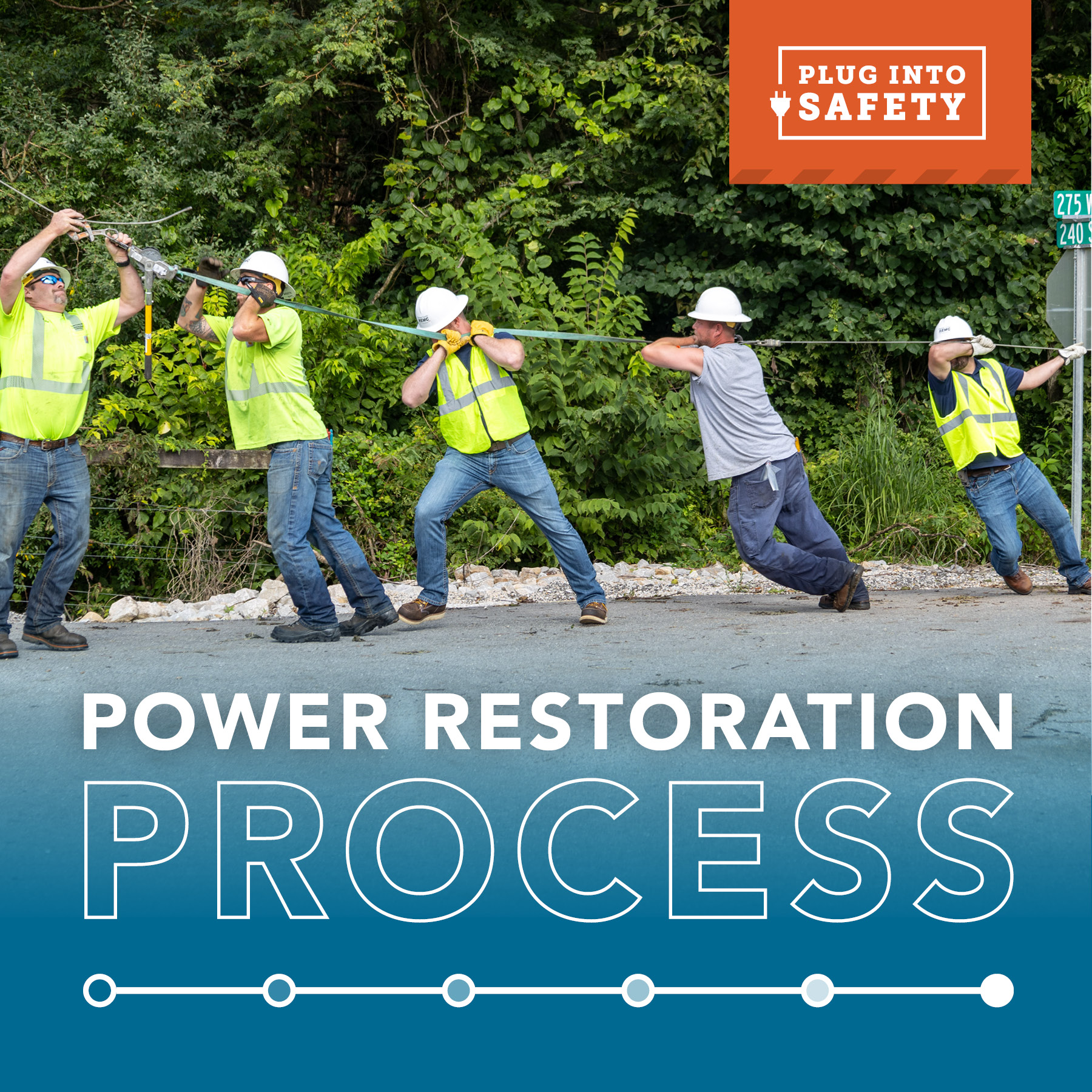Tina sits anxiously at the table eating her breakfast. She can hardly contain her nervous energy as she waits for the school bus to arrive. Today is her first day back to school after a long summer break. She’s ready to see her friends and get back into her familiar school routine.
But, is Tina ready to face the dangers electricity can pose as she makes her way to school or even while she’s at school? Before your child goes back to school, start the year by teaching him/her some “Electrical Safety 101.”
“One of our core principles at Indiana Electric Cooperatives is commitment to community. That includes educating our members about electrical safety,” said Rick Coons, CEO at Indiana Electric Cooperatives.
Here are some electrical safety lessons you can pass on to your school-age children, no matter their level of education.
Elementary/Middle School Students
- Don’t play near or around power lines or poles while at school.
- Stay clear of pad-mount transformers (those big green boxes) or other electrical equipment while on school property.
- Don’t place objects, such as pens or pencils, in electrical outlets. According to the Electrical Safety Foundation International, nearly seven children are treated in hospital emergency rooms each day for electrical shock or burn injuries caused by tampering with a wall outlet.
High School Students
- If you drive to and from school, obey all traffic laws and practice safety when driving in areas where utility crews are working.
- If you’re in an accident involving a downed power line, make sure to assume the line is energized. Remain in the vehicle and call 911. If you must exit the vehicle, jump out of the vehicle with both feet together and avoid contact with the vehicle and ground at the same time. Then, shuffle away with small steps, keeping your feet together and on the ground at all times, to reduce the risk for electrical shock or electrocution.
College Students
- Don’t overload electrical outlets. Most dorms or campus housing are not equipped to handle today’s use of electronic appliances and gadgets.
- Keep all electrical appliances and cords away from bedding, curtains and other flammable materials.
- Extension cords are only for temporary use and can become overloaded. Consider using power strips with an over-current protector that shuts off power automatically if too much current is being drawn.
Make sure your student, no matter his/her age, knows some “Electricity 101” before heading back to school. It could save his or her life.
Sources: Electrical Safety Foundation International, Safe Electricity, Northern Wasco County PUD





